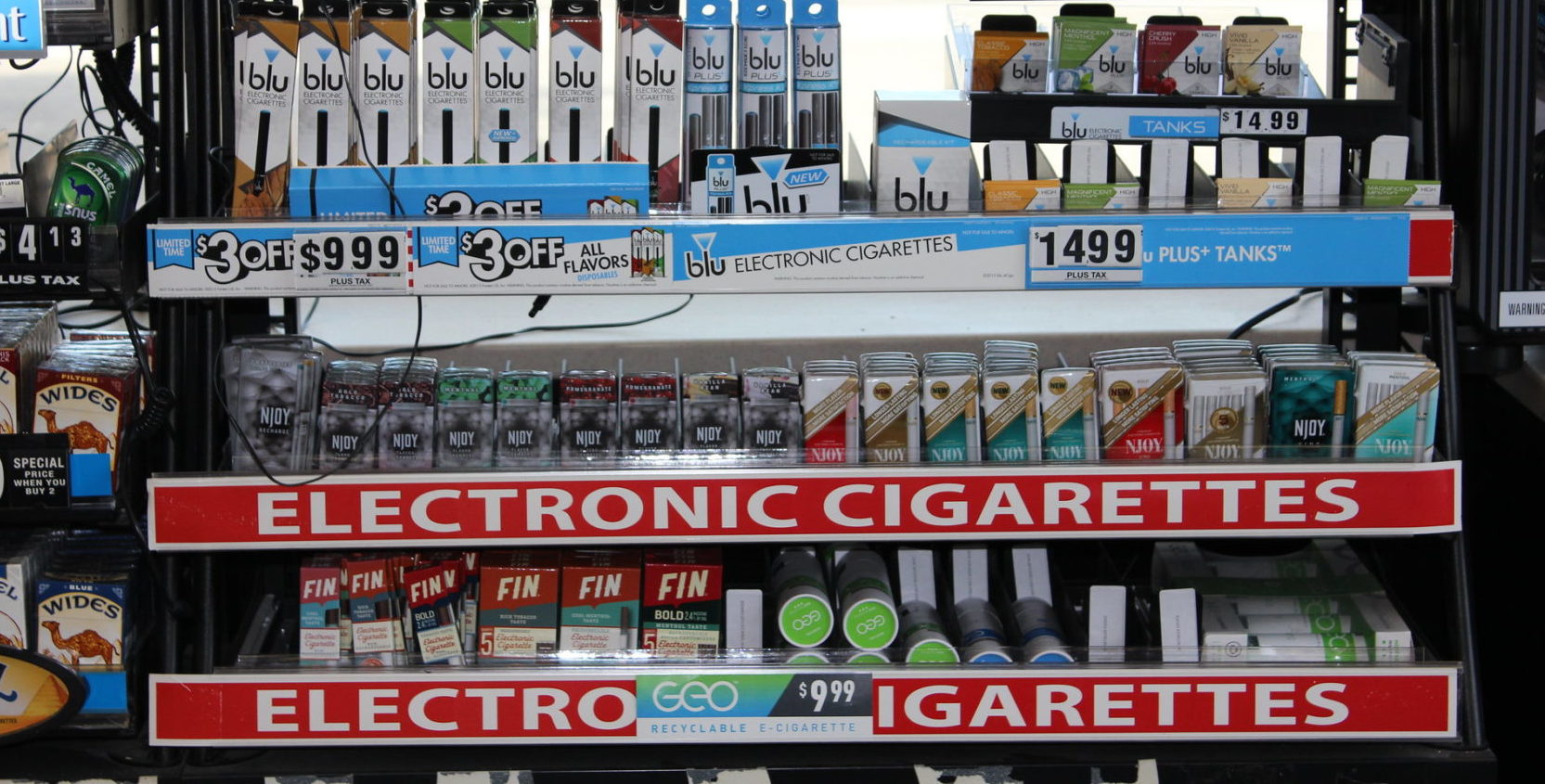On September 3, Boulder, Colorado joined a handful of other cities across the country by banning e-cigarette flavors, which have been blamed for driving increases in youth vaping yet are also known to support adult smokers in switching to a less harmful nicotine alternative. Pushing the city even further away from tobacco harm reduction. A tax hike on vapes—and not combustible tobacco—will be also voted on by residents in November, and will potentially push the city even further away from tobacco harm reduction.
The Boulder City Council unanimously voted in favor of a new plan to eliminate all vaping flavors from the city’s legal market beginning next year. Adding to that, council members agreed to place an “emergency” ballot proposal for a 40 percent tax on what they call “electronic smoking devices”—a fundamental mischaracterization of products that produces vapor, not smoke.
Councilwoman Cindy Carlisle was disappointed that cigarettes were not included in the tax question, telling local newspaper The Daily Camera that it is a “half measure.” Currently, Boulder has no city-level tax on combustible cigarettes, while the state excises around 20 cents for a 20-pack. A $9 vape liquid sale, however, would see a $3.60 tax add-on under the ballot proposal.
This contrast would incentivize use of products that are around 20 times more dangerous than vapes. It would discourage smokers looking to quit from using products that are about twice as likely to aid quitting as nicotine gum. And this would push directly against the city’s professed public-health goals.
“Taxing vaping products, or other low-risk alternatives to cigarettes is a counterproductive tax. They reduce the price difference with lethal cigarettes, thereby giving less economic incentive to switch,” David Sweanor, an industry expert and chair of the Advisory Board for Centre for Health Law, Policy and Ethics at the University of Ottawa, told Filter.
By banning flavors and putting forth a hefty tax proposal, the city could is “convey[ing] an inaccurate message to the public about relative risks,” added Sweanor.
Vapor does contain “numerous potentially toxic substances,” concluded the National Academy of Sciences, Engineering and Medicine—though in very small quantities, as found in many common household products. But the institution also concluded that “completely substituting e-cigarettes for combustible tobacco cigarettes reduces users’ exposure to numerous toxicants and carcinogens present in combustible tobacco cigarettes.”
The City Council does not recognize vapes’ use as a harm reduction tool—instead solely identifying them as having “potential social consequences of large-scale youth nicotine addiction,” according to its Community Sustainability Assessments and Impacts notes, listed in the September 3 agenda.
City council members did not respond to Filter‘s request for comment by publication time.
“Trying to discourage a harmful behavior via coercion is not as effective, nor as humane, as doing so through empowerment,” said Sweanor. “Giving people viable alternatives, along with easy access to them, truthful information about them and ‘nudges’ such as significant price differentials is the better route to take.”
Photograph of e-cigarettes at a gas station (not in Boulder, CO); by Lindsay Fox via Flickr





Show Comments